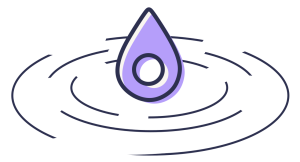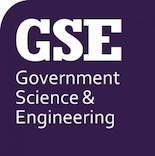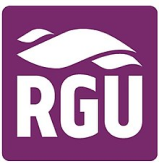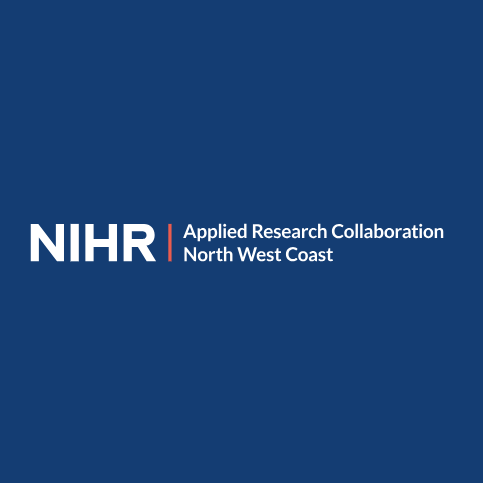
Are you a researcher, research organisation or institution who would like to track the impact of your research and knowledge mobilisation on wider society?
Do you need to report to a funder, make the case for continuing support, or show stakeholders why your work matters?
Have you been tasked with improving impact support for a department or institution or are focused on ensuring you have good UK REF impact case studies?
We offer a practical and meaningful approach that will help you
-
Show stakeholders why your work matters and how it makes a difference
-
Make the case for continuing support
-
Report to funders quickly and easily
-
Produce robust REF impact case studies
Developed and led by Dr Sarah Morton, international leader in the fields of knowledge exchange and research impact.
Sarah is the Co-founder and Director of Matter of Focus and Honorary Research Fellow at the University of Edinburgh. She is internationally recognised for her work in developing innovative approaches to ensure that decision-makers have access to the best evidence for taking organisations, policies and practices forward.
Sarah pioneered a participatory approach to using contribution analysis to understand and achieve impact, which she has used in seven independent impact studies, in advising several research programmes, and in supporting academics to write impact case studies.
Support and training to help you understand and track the impact of research:
Research impact literacy training
Training online or face to face for researchers and research support staff in understanding and embedding an impact mindset into their work.
Training the trainers
We can support you to design and deliver training the trainers so that you have the capacity and capability to train your own staff in impact.
Support to track impact
We can support research centres and initiatives, or cohorts of researchers to understand and track the impact of their work through a series of workshops and our software OutNav. This means that they build up evidence of their impact over time, so that they can showcase their impact for funders, stakeholders or REF purposes.
Support on impact strategy and planning
We have observed that research impact is more successful if there is clear impact strategy and plan so that everyone knows what is expected of them and what support is available.
We can help review existing plans and improve them, or develop plans if you don’t have them in place. This is through consultation and discussion, drawing on our experience and expertise and your knowledge of your own setting.
Software to help you
We offer our unique, cloud-based software, OutNav, alongside our consultancy support. OutNav:
- holds a logical and methodologically sound framework for thinking about and planning for impact through a pathways to impact approach, using contribution analysis.
- creates a neat visual of the pathway to impact, which can be adjusted as work unfolds and is great for sharing with stakeholders.
- provides one place to pull together different kinds of evidence and feedback about impact: surveys, interviews, photos, policy analysis, testimonials, emails etc. and might include data from Research Fish, Pure or other repositories.
- allows you to create an impact narrative that forms the foundation for robust claims about the contribution of research and knowledge mobilisation to society and the economy.
- creates open, shareable reports that can be provided as evidence of impact for the REF, funders or stakeholders.
- offers a secure space for teams to collaborate to understand and track their impact.
Online training with the Matter of Focus Research Impact School
The Matter of Focus Research Impact School is an online training programme for researchers, research leaders, research impact officers, or anyone that needs to develop a good understanding of how to plan for and assess the impact of research or knowledge mobilisation.
The School consists of two modules combining a series of weekly online presentations and engaging, hands-on workshops, activities to apply learning to your own example, and free access to our impact tracking software OutNav.
Booking for the 2024 School has closed. If you are interested in joining our next cohort, please complete the form below.
Register your interest in the Matter of Focus Research Impact School
Recent work with clients
Our approach has been used in independent research impact studies of initiatives and projects around the world. We have many clients using our approach and OutNav to track the impact of their research and evidence to action work.

Go-science
We have been working with embedded researchers in government departments to understand the impact of embedding research into departments. This has explored how supporting departments to define and publish their research needs has helped support evidence-based policy-making.

Robert Gordon University
We have supported Robert Gordon University to develop a Research Impact Strategy, train research and support staff, and start to embed more impact culture into their work.
“(the training) was very interactive and applied to projects… It has helped me to understand how to develop an impact strategy and how to expand the impact of my research”

ARC North West Coast
ARC North West Coast is a research collaborative that seeks to improve outcomes for patients and the public by bringing together academics, health and social care providers, members of the public, universities and local authorities to work towards shared outcomes. We are supporting them to articulate and track the impact of this work.

London South Bank University
We delivered a train the trainers course on research impact for London South Bank University to help them embed research impact training into the School of Law and Social Science. We then supported 10 promising impact case studies to set out and track their impact in our software OutNav.